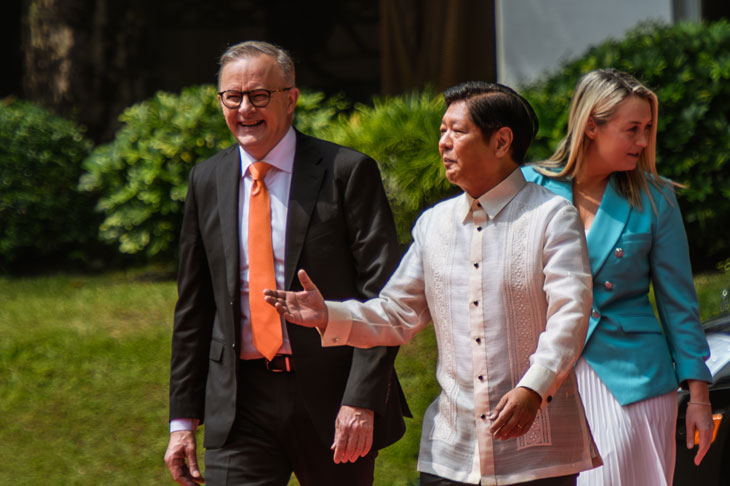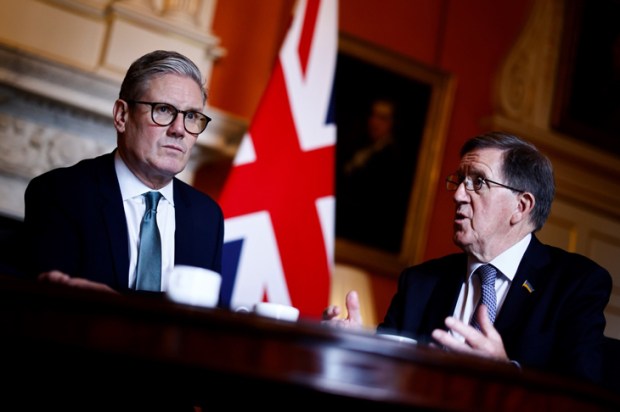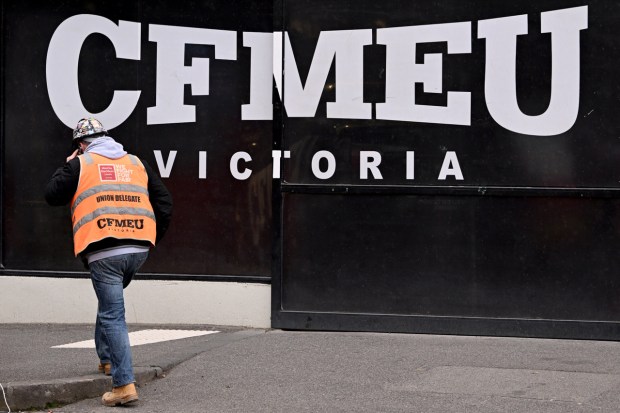An overseas trip a month, the latest undertaken during a domestic political crisis – our Prime Minister has truly earned the nickname, ‘Airbus Albo’. He just can’t get enough of the photo ops, including even taking selfies with the Ruddster.
He must actually believe we are impressed by images of him wiggling his arse while wearing a very unflattering version of an Hawaiian shirt.
Already a subscriber? Log in
Subscribe for just $2 a week
Try a month of The Spectator Australia absolutely free and without commitment. Not only that but – if you choose to continue – you’ll pay just $2 a week for your first year.
- Unlimited access to spectator.com.au and app
- The weekly edition on the Spectator Australia app
- Spectator podcasts and newsletters
- Full access to spectator.co.uk
Or
Unlock this article
You might disagree with half of it, but you’ll enjoy reading all of it. Try your first month for free, then just $2 a week for the remainder of your first year.












Comments
Don't miss out
Join the conversation with other Spectator Australia readers. Subscribe to leave a comment.
SUBSCRIBEAlready a subscriber? Log in